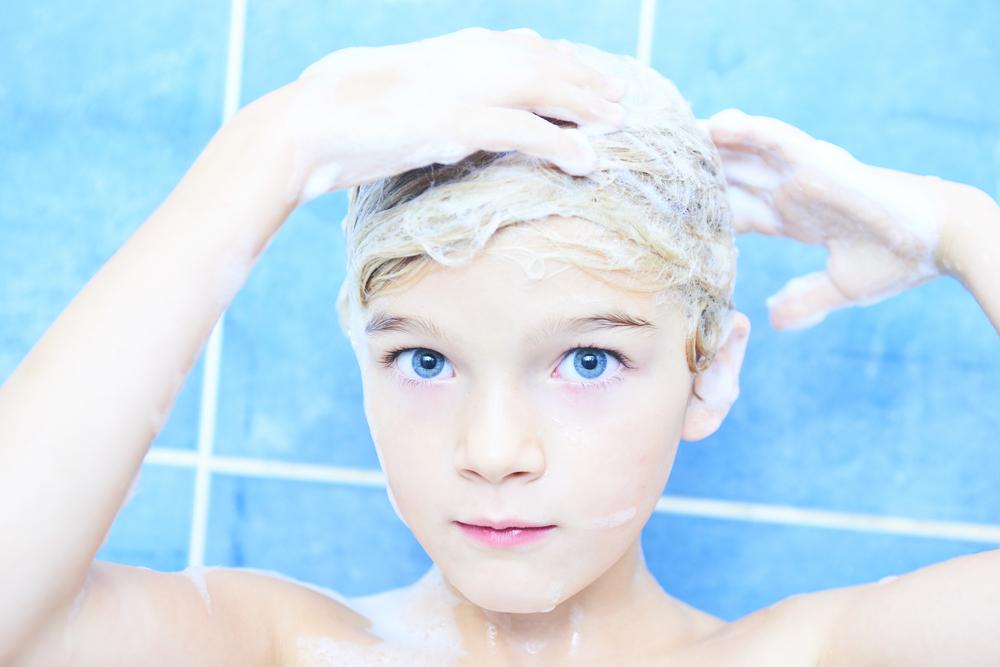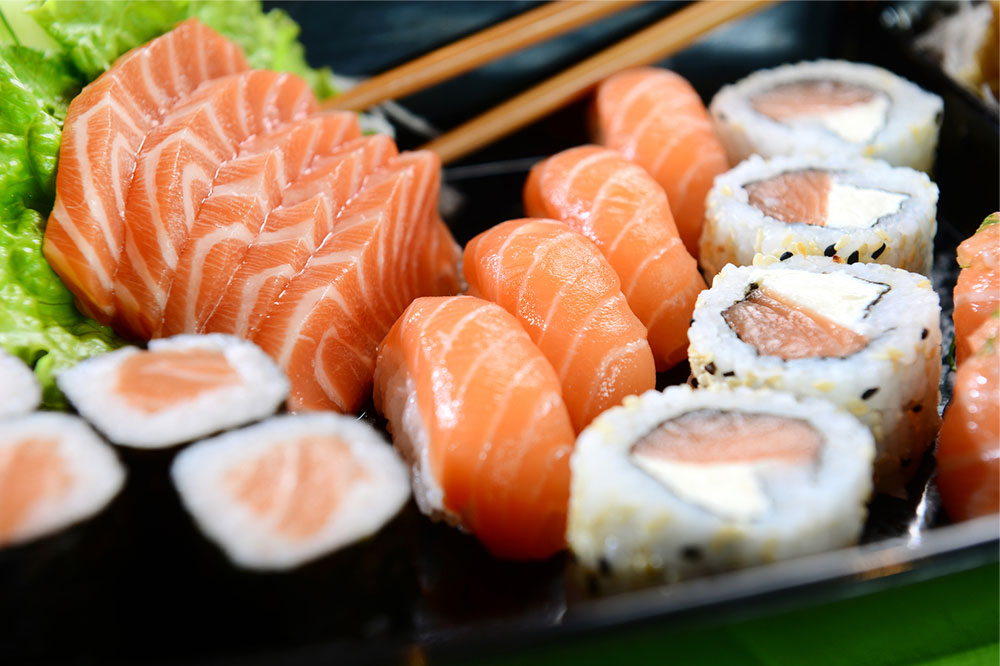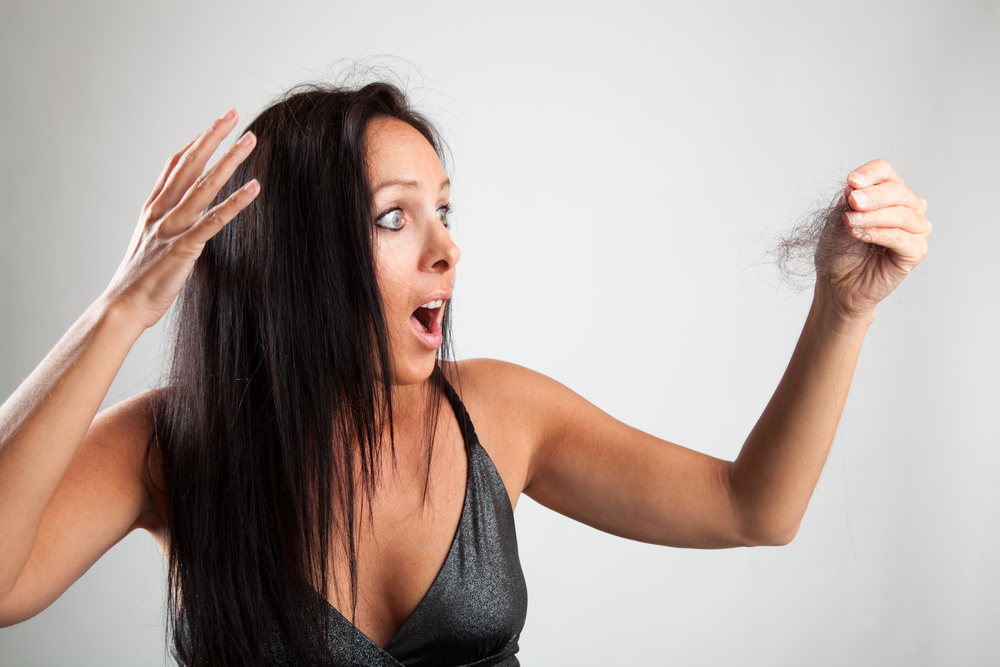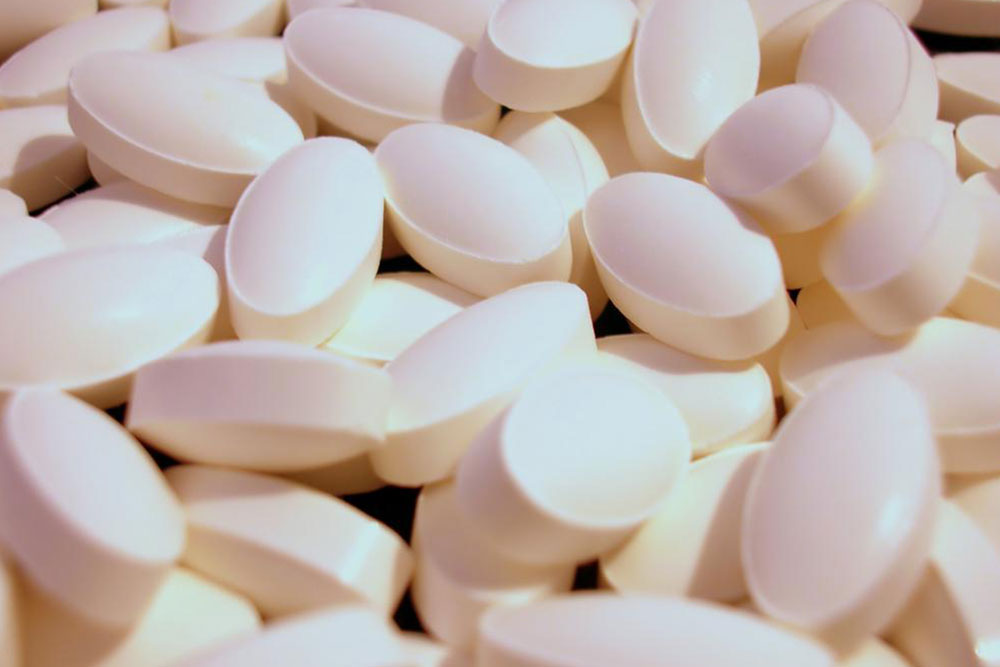Essential Nutrients for Promoting Healthy Hair Growth
Discover six essential nutrients that significantly impact hair growth and health. Proper intake of omega-3s, zinc, protein, iron, vitamins A & C, and magnesium can prevent thinning and promote stronger, shinier hair. Incorporate these nutrients through a balanced diet with foods like salmon, nuts, leafy greens, and whole grains. Maintaining optimal nutrient levels supports scalp health and hair follicles, reducing hair loss and enhancing hair vitality. Follow expert tips for a healthier mane by prioritizing nutrient-rich foods in your daily diet.
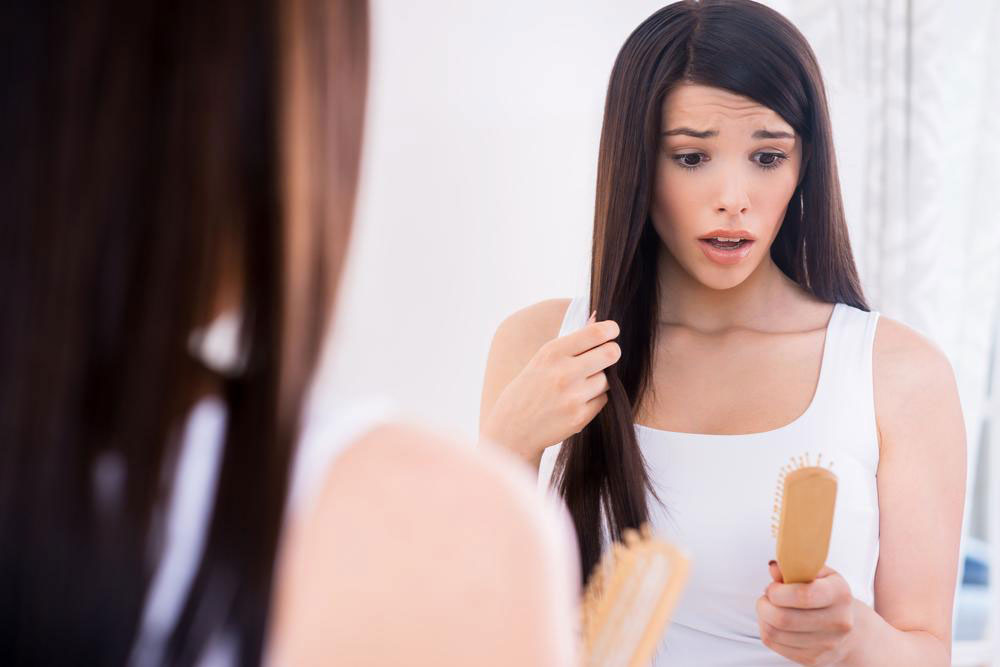
Essential Nutrients for Promoting Healthy Hair Growth
Maintaining a balanced and nutritious diet is key to achieving stronger, shinier hair. Proper nutrition not only enhances hair appearance but also helps prevent hair loss. Deficiencies in specific nutrients can lead to thinning and hair loss.
Omega-3 Fatty Acids
Omega-3s provide vital nourishment to the scalp, hair shafts, and scalp cell membranes. They support healthy follicle growth and improve hair elasticity, reducing breakage.
Sources of omega-3 include salmon, walnuts, flaxseeds, kale, Brussels sprouts, sunflower oil, and tuna.
Zinc
Zinc plays a vital role in tissue repair and scalp health, as well as hormone regulation, such as testosterone, which influences hair growth. Adequate zinc intake supports sebum production, keeping hair moisturized. A daily intake of 11 mg is recommended. Rich sources include beef, oysters, chickpeas, wheat germ, and veal liver.
Protein
Adequate protein consumption is crucial for preventing bald spots and maintaining healthy hair. Insufficient protein can even lead to premature graying. Incorporate high-quality protein foods like chicken, turkey, eggs, lentils, Greek yogurt, tofu, and beans into your diet.
Iron
Iron ensures oxygen reaches hair follicles, vital for healthy growth. Low iron levels are linked to hair loss and anemia. Iron-rich foods include shellfish, red meats, turkey, spinach, whole grains, and green leafy vegetables.
Vitamins A and C
These vitamins promote sebum production, which naturally conditions hair, preventing breakage. Vitamin C also enhances iron absorption. Include pumpkin, sweet potatoes, broccoli, spinach, and citrus fruits to boost these nutrients.
Magnesium Magnesium is necessary for over 300 biochemical reactions, including hair growth. Deficiency may lead to hair loss. Good magnesium sources include nuts, lentils, spinach, brown rice, halibut, and almonds.

